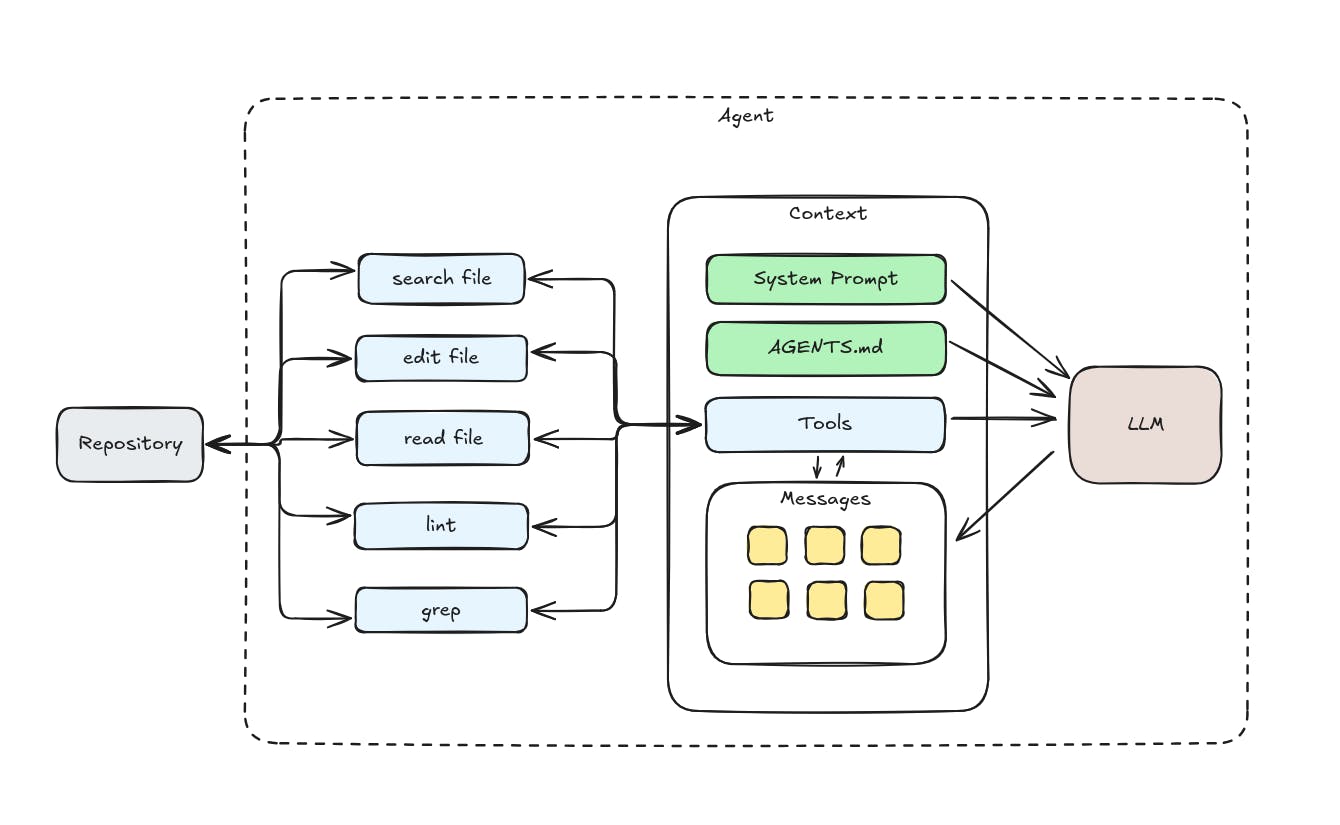First published 13 July, 2025
Image: Pixbay
Okra, a Base10-backed African open banking startup, is scaling back after five years, returning an undisclosed portion of its $16.5 million funding to investors. This news sparked the predictable social media chorus: “Another startup bites the dust.” This outrage, as usual, missed the mark. Globally, 90% of startups fail, a reality venture capitalists are clear-eyed about, banking on a few big wins to offset losses.
However, in Africa, where a single dollar stretches far ($1 ≈ ₦1,500), startups that manage to raise millions of dollars and later shut down are stigmatised, and founders are accused of setting investor funds on fire. However, when an ambitious startup fails, the impact of venture capital doesn’t vanish without a trace—these companies leave talent, infrastructure, and market maturity that fuel future innovation.
VC-backed startups are talent incubators
Startups often immerse employees—from novices to seasoned hires—in fast-paced, failure-tolerant environments that accelerate skill development. Early-stage professionals gain work experience and skills. Seasoned hires upskill, tackling novel technologies or business models. Many employees become founders—think Paystack, Interswitch, or Opay Mafias—while others become seasoned operators, invaluable to other organisations.
Next Wave continues after this ad.
Let’s look at Okra. Its engineers, growth strategists, salespeople, and designers tackled a massive challenge: building secure, scalable technology for sharing banking data with fintech apps. They built, sold and created the continent’s first open banking API, without a blueprint.
The people who worked there gained invaluable experience. Take Richard Famoroti, for example, who transitioned from a forklift operator at AWS to a junior software engineer at Okra. Or Lanre Ibrahim, a founding engineer at Okra, who went on to co-found Tunnel (a credit data-sharing startup later acquired by Prembly) and now leads an engineering team at Deel.
Failed startups leave behind experienced talent who go on to use their hard-won expertise to solve problems in other companies. Professionals from these ventures are prized for understanding what can go wrong, albeit through an expensive education.
Next Wave continues after this ad.
Beyond upskilling employees, venture-funded startups leave African markets more sophisticated, priming them for the next wave of tech adoption. These startups don’t just build products—they teach markets to embrace them, driving new behaviours. Unlike traditional firms that play it safe, startups take bold risks to create demand from nothing. This market maturity is now fueling emerging sectors like blockchain, embedded finance and e-commerce, where new players can build on these foundations to scale faster and smarter.
The market education is permanent
Startups don’t just build products; they teach markets to embrace them. In Nigeria, with low digital literacy and a dominant informal economy, startups drive behaviours like online shopping and digital payments. Unlike risk-averse traditional firms, startups spend a lot of money to generate demand for their technology.
Next Wave continues after this ad.
Jumia Food’s closure in 2023 was labelled a bust, yet its millions in subsidies trained consumers to trust online food platforms, easing user acquisition for new entrants. A co-founder of eTranzit, one of Nigeria’s earliest ride-hailing startups that has now shut down, noted that ₦100 million was spent on driver education and marketing primed the market for new entrants. The same can be said about Okra’s work in open banking and other ambitious startups that later threw in the towel.
We are richer despite these failures
In Africa, venture capital is reshaping economies grappling with unemployment and infrastructure gaps. They build sophisticated markets by creating talent pools with deep expertise, fostering networks of investors and innovators, and driving demand for new technologies. Without their bold risks, these markets would lag.
Startup failures aren’t final losses as they leave behind the foundations of Africa’s next tech wave. By taking this more optimistic stance, we can encourage founders to take more risks, knowing that so much is gained even if they fail. Accountability matters, but stigmatising failure can stifle innovation. We are richer despite these failures.
Next Wave ends after this ad.
Ngozi Chukwu
Associate Reporter
Thank you for reading this far. Feel free to email ngozi[at]bigcabal.com, with your thoughts about this edition of NextWave. Or just click reply to share your thoughts and feedback.
We’d love to hear from you
Psst! Down here!
Thanks for reading today’s Next Wave. Please share. Or subscribe if someone shared it to you here for free to get fresh perspectives on the progress of digital innovation in Africa every Sunday.
As always feel free to email a reply or response to this essay. I enjoy reading those emails a lot.
TC Daily newsletter is out daily (Mon – Fri) brief of all the technology and business stories you need to know. Get it in your inbox each weekday at 7 AM (WAT).
Follow on Twitter, Instagram, Facebook, and LinkedIn to stay engaged in our real-time conversations on tech and innovation in Africa.













